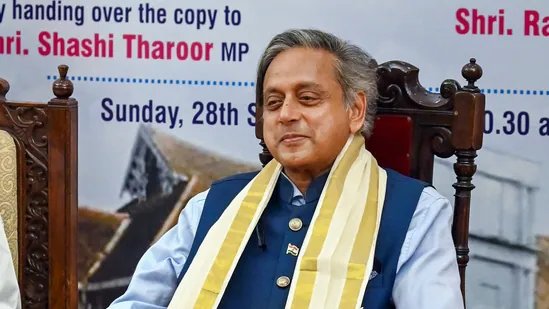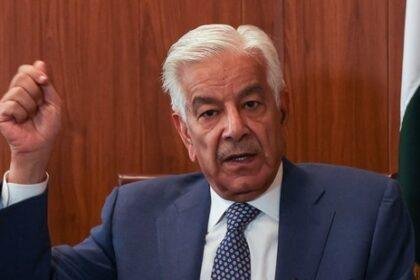Indian-American Leader Responds to Tharoor’s Critique of Diaspora Engagement
In a recent exchange that has sparked considerable debate, Suhag A. Shukla, the executive director of the Hindu American Foundation (HAF), has issued a robust rebuttal to Congress MP Shashi Tharoor‘s comments regarding the Indian-American community’s perceived silence on critical issues affecting India-U.S. relations. Tharoor, a prominent figure in Indian politics, had expressed concern over the lack of engagement from the diaspora on matters such as tariffs and H-1B visa fees, suggesting that their silence undermines India’s interests.
Misrepresentation of the Diaspora
In her article for The Print, Shukla criticized Tharoor’s remarks as “sweeping claims” that fail to accurately represent the Indian-American community. She pointed out that Tharoor’s assertions were based on the comments of a single congresswoman, which she argued is an insufficient basis for generalizing about the entire diaspora. “There are 535 members in the U.S. Congress-100 senators and 435 representatives,” Shukla noted, emphasizing the diversity of perspectives within the legislative body.
Shukla contended that the Indian-American community has historically played a vital role in strengthening India-U.S. ties, often working behind the scenes and within the constraints of American law. “We do so without a full picture, without any formal role in shaping India’s policies, and always within the strictures of U.S. law,” she stated. This nuanced understanding of the diaspora’s position is crucial, especially in light of the complex dynamics that govern international relations.
The Dual Identity of Indian-Americans
One of the central themes of Shukla’s response is the dual identity of Indian-Americans. She argued that civic engagement in the United States does not conflict with cultural or emotional ties to India. “Just as India and Indian citizens have a duty to pursue their national interest, the United States and its citizens, including Indian Americans, have a duty to pursue ours,” she explained. This perspective highlights the importance of recognizing the multifaceted identities that individuals hold, particularly in a globalized world.
Shukla’s defense of the diaspora’s dual identity is particularly relevant in the context of rising nationalism and identity politics in both India and the United States. As Indian-Americans navigate their roles in a complex socio-political landscape, the need for a balanced approach to their identities becomes increasingly important.
External Pressures and Legislative Challenges
Shukla also addressed the external pressures facing the Indian-American community, particularly in light of legislative efforts such as California’s controversial SB509 and proposed U.S. bills targeting “transnational repression.” She warned that such measures could lead to “mass surveillance and profiling” of Indian and Hindu Americans under vague and broad terms. This concern is not unfounded, as various communities across the United States have faced increased scrutiny and discrimination in recent years.
“Statements like Mr. Tharoor’s don’t merely misrepresent the diaspora; they embolden those who never believed we were true Americans to begin with,” Shukla asserted. This statement underscores the potential consequences of mischaracterizing the Indian-American community, particularly in a climate where identity and belonging are hotly contested.
The Weight of Tharoor’s Words
Shukla acknowledged Tharoor’s stature as a seasoned statesman and thinker, emphasizing that his words carry significant weight. “This is why they must be measured,” she cautioned. The implications of political rhetoric can extend far beyond the immediate context, influencing public perception and policy decisions.
In her call for more nuance in how Indian politicians view the diaspora, Shukla articulated a clear message: “Indian Americans do not exist to serve as proxies for the Government of India. We exist as Americans-citizens endowed with rights, responsibilities, and loyalties rooted in this soil.” This assertion reflects a growing sentiment among many in the diaspora who seek to assert their identity and agency in a complex political landscape.
Conclusion: A Call for Understanding
The exchange between Tharoor and Shukla highlights the complexities of identity, engagement, and representation within the Indian-American community. As the diaspora continues to navigate its role in both American and Indian contexts, it is essential for leaders on both sides to approach these discussions with sensitivity and understanding.
The Indian-American community has demonstrated its commitment to fostering strong ties between the two nations, often in ways that are not immediately visible. As Shukla aptly noted, the diaspora’s contributions are often made quietly and without formal recognition. Moving forward, a more nuanced understanding of these dynamics will be crucial for fostering a productive dialogue that respects the diverse identities and experiences within the Indian-American community.











